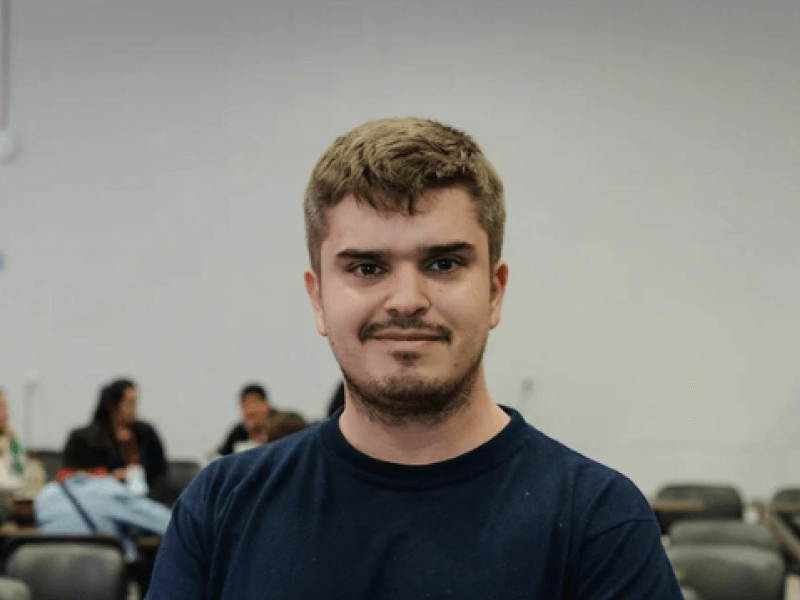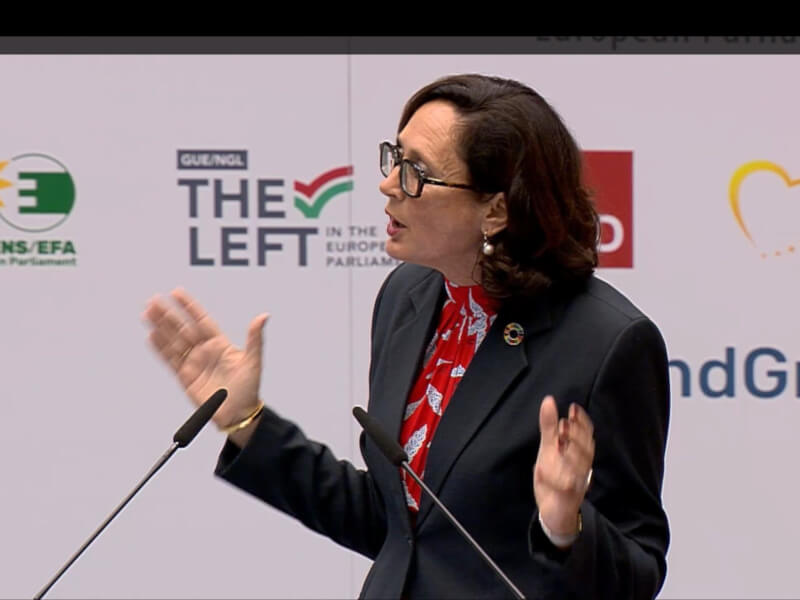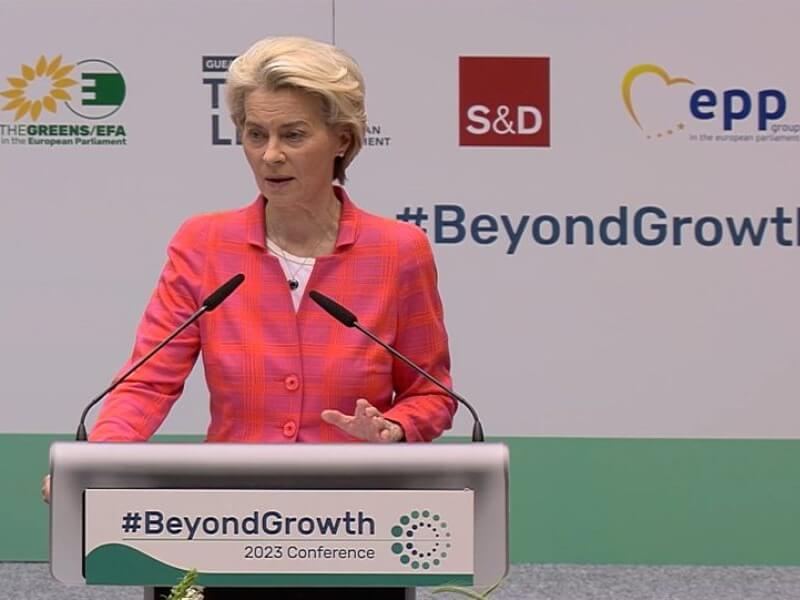15 May 2023 – There is growing interest from policymakers globally in the adoption of new indicators that go beyond GDP, foster greater wellbeing and enable people to thrive within environmental limits. Today’s polycrisis is raising awareness that the current economic and financial system, built on maximising growth and short-term profits, has its limits and is imposing enormous costs on people and the planet. The latest data from the Earth4All project shows GDP growth after a certain point has not created greater wellbeing, but has instead increased inequality between the richest and the poorest, created social tensions and led to environmental tipping points.
It is time to provide an adequate response to the urgent societal and planetary challenges facing the world. The European Parliament’s Beyond Growth conference on 15–17 May is the ideal opportunity for EU leaders to show support for a wellbeing economy that enhances stability and democracy and better protects Europe’s citizens against further economic, social, environmental and political shocks and stresses.
A wellbeing economy requires a change in the relationship between the economy and the planet. Its about redesigning the economy so that it delivers good quality lives for everyone on a healthy planet by working in service of people, meeting the needs of all, valuing and measuring what actually matters, redefining societal progress, and putting the delivery of the long-term wellbeing and prosperity of all generations before narrow metrics focused on the pursuit of GDP growth at all costs.
This change involves firstly, developing and implementing integrated policy frameworks and interventions aimed at preventing crises and shocks from arising in the first place by tackling today’s challenges at source and enhancing societal wellbeing and resilience. Secondly, it entails embracing a broader range of value based economic, societal and environmental indicators that are outcome focused and prioritise, for example, life expectancy, inequality, poverty, clean environment, access to public services, etc. And lastly, it is grounded in a more collaborative, participatory, bottom up approach.
Some countries are already pioneering policy-making based on a preventative, long-term and intergenerational perspective. The Wellbeing Economy Governments (WEGo) – Scotland, Iceland, New Zealand, Finland and Wales — are working together to exchange expertise, knowledge and best practices. There is much the EU and the rest of the world can learn from the experiences of these early adopters.
The most important lesson is the need to shift the emphasis of public policy away from GDP growth as the overriding metric of societal welfare to one that prioritises and values the collective wellbeing of people and planet.
Each of the WEGo governments has adopted its own approach to integrate wellbeing considerations into their policy-making supported by new indicators to measure human development and economic progress.
Scotland is among the most advanced, having embedded the goal of delivering a wellbeing economy in its economic strategy and policy agenda through its National Performance Framework. Outcomes are aligned with the UN Sustainable Development Goals and progress is continually assessed. Forthcoming legislation on Community Wealth Building, the first of its kind in the world, aims to ensure Scotland’s economic system builds wealth and prosperity for all. Scotland has also appointed a Cabinet Secretary for the Wellbeing Economy to drive its delivery inside government and beyond.
The rest of Europe, and the world, now need to follow suit. The upcoming three days of cross-party talks on beyond growth in Brussels, will, we hope, inspire leaders to unpack the tensions of the existing neo-liberal economy compared to one that is more equitable and able to withstand the challenges of the 21st century, tapping into the knowledge and experience of the WEGo countries.
This is the moment, one year before European parliamentary elections, to create cross-party support for a more holistic and equitable economic model that offers greater stability through strong democratic governments servicing the needs of people, planet and prosperity at the same time. Security for all should be a joint political motto and could be kicked off with a high-level WEGo-EU Dialogue that would help to advance and promote this agenda.
The combined social, environmental and industrial value chain impacts of the Covid pandemic, climate change and Russia’s invasion of Ukraine reveal the limits of a model that values wealth above wellbeing and growth at all costs. Combined with the fact that we are well on our way to exceeding the Earth’s planetary boundaries, it is clear there needs to be a step change towards transformational economic models that move beyond GDP and embrace broader social, environmental and economic indicators.
The polycrisis shows we need to create a more resilient world, able to deal with unavoidable shocks. We recognise that building a wellbeing economy in these challenging times may seem daunting and requires political courage. Once in motion, however, its benefits will become clear. Exchanging wellbeing for the elusive goal of never-ending growth will ensure Europe thrives, rather than survives the current crises, and is ready, and more resilient, to face future challenges.






